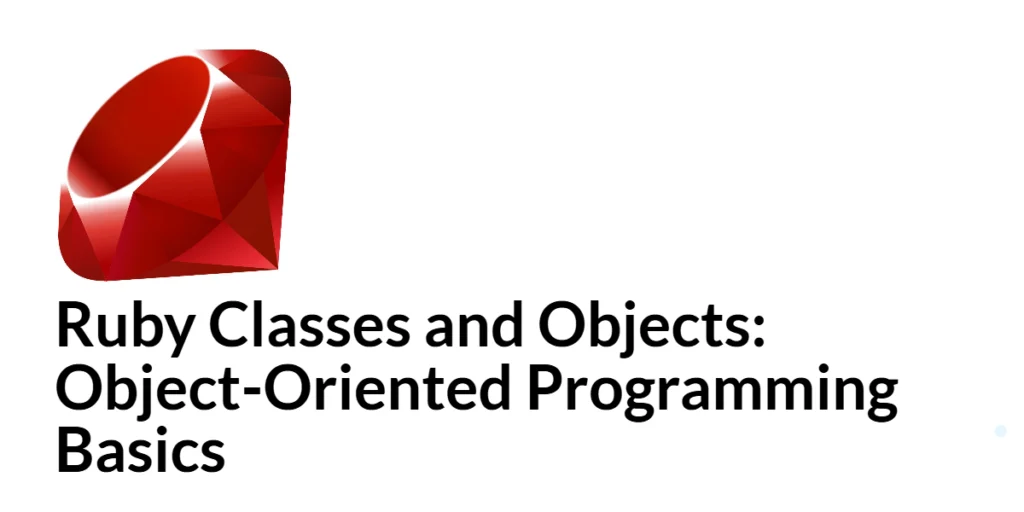Swapping two numbers is a common task in programming. Usually, beginners use a temporary variable to hold one of the values while swapping. However, it is also possible to swap numbers without using any extra variable. Learning this technique not only helps you write memory-efficient programs but also teaches you how to use arithmetic operations cleverly in C. In this tutorial, we will write a complete C program to swap two numbers without a temporary variable, explain each line in detail, and highlight common mistakes that beginners often make.

with hands-on learning.
get the skills and confidence to land your next move.
Swapping numbers without a temporary variable is a practical example to understand how variables store values and how arithmetic operations can be applied directly on them. We will explore two main methods to swap numbers without a temporary variable: using arithmetic operations and using bitwise XOR. Both methods achieve the same result, but each has its own advantages. By understanding these methods, you will gain insight into memory-efficient programming and basic manipulation of numeric values in C.
Using Arithmetic Operations to Swap Numbers
The arithmetic method relies on adding and subtracting the numbers in a way that avoids using an extra variable. Let’s see an example:
#include <stdio.h>
int main() {
int a, b;
printf("Enter two numbers: ");
scanf("%d %d", &a, &b);
printf("Before swapping: a = %d, b = %d\n", a, b);
a = a + b;
b = a - b;
a = a - b;
printf("After swapping: a = %d, b = %d\n", a, b);
return 0;
}In this program, we first declare two integer variables, a and b, to store the numbers entered by the user. The scanf("%d %d", &a, &b); statement reads two integers from the console and stores them in a and b.
The swapping process starts with a = a + b;. Here, we add the two numbers and store the result in a. Next, b = a - b; calculates the original value of a by subtracting b from the new a (which is the sum of both numbers). Finally, a = a - b; calculates the original value of b by subtracting the new b from a. After these three steps, the values of a and b are swapped without using any extra variable. The printf() statement then prints the swapped values on the screen.
Using Bitwise XOR to Swap Numbers
Another way to swap numbers without a temporary variable is by using the bitwise XOR operator. This method works at the binary level and is often faster because it avoids arithmetic operations. Here is how it can be done:
#include <stdio.h>
int main() {
int a, b;
printf("Enter two numbers: ");
scanf("%d %d", &a, &b);
printf("Before swapping: a = %d, b = %d\n", a, b);
a = a ^ b;
b = a ^ b;
a = a ^ b;
printf("After swapping: a = %d, b = %d\n", a, b);
return 0;
}In this example, a ^ b performs a bitwise XOR operation between a and b. First, a = a ^ b; stores the XOR of both numbers in a. Then b = a ^ b; uses the new value of a to compute the original value of a and assigns it to b. Finally, a = a ^ b; computes the original value of b and stores it in a. After these three XOR operations, the numbers are swapped successfully. This method is particularly useful when dealing with low-level programming or when memory efficiency is crucial.
Common Beginner Mistakes
When swapping numbers without a temporary variable, beginners often make these mistakes:
- Using
a = a + bcan cause integer overflow if the numbers are very large. - Forgetting to enter values correctly or using the wrong format specifier in
scanf(), which can prevent the swap from working. - Not following the correct order of operations when using the XOR method, resulting in both numbers ending up the same.
To avoid these issues, double-check your calculations, make sure inputs are correct, and follow the proper sequence of operations for the swapping method you choose.
FAQs
Q1: Can I swap numbers without a temporary variable using floating-point numbers?
Yes, you can use the arithmetic method with floating-point numbers. However, be careful with precision errors when using subtraction or addition. The XOR method only works for integer types.
Q2: Which method is better: arithmetic or XOR?
For most applications, arithmetic is simpler and easier to read. XOR is faster at the binary level and does not risk overflow with small integers, but it can be confusing for beginners.
Q3: Can I swap numbers using functions?
Yes, you can write a function that takes two pointers as arguments and swaps their values using either arithmetic or XOR operations.
Q4: Why do we need to swap numbers without a temporary variable?
Swapping without a temporary variable is a memory-efficient technique. It is useful in systems with very limited memory or in low-level programming, and it also helps improve understanding of arithmetic and bitwise operations.
Conclusion
Swapping two numbers without a temporary variable is a simple yet powerful exercise in C programming. By mastering the arithmetic and XOR methods, you can write memory-efficient programs and gain a deeper understanding of how numbers and variables work. Practice these techniques to improve your problem-solving skills and strengthen your grasp of C fundamentals. Swapping is just the beginning; once you understand this concept, you can move on to more complex algorithms and programming challenges.
References & Additional Resources
- Kernighan, Brian W., and Dennis M. Ritchie. The C Programming Language. 2nd Edition, Prentice Hall, 1988.
- GeeksforGeeks: Swap Two Numbers Without Temporary Variable – Detailed explanation and examples.
- TutorialsPoint: C Bitwise Operators – Guide to XOR and other bitwise operators.
- Programiz: C Programming Examples – Collection of beginner-friendly C programs.
- Stack Overflow: XOR Swap vs Temporary Variable – Discussion on efficiency and readability.







